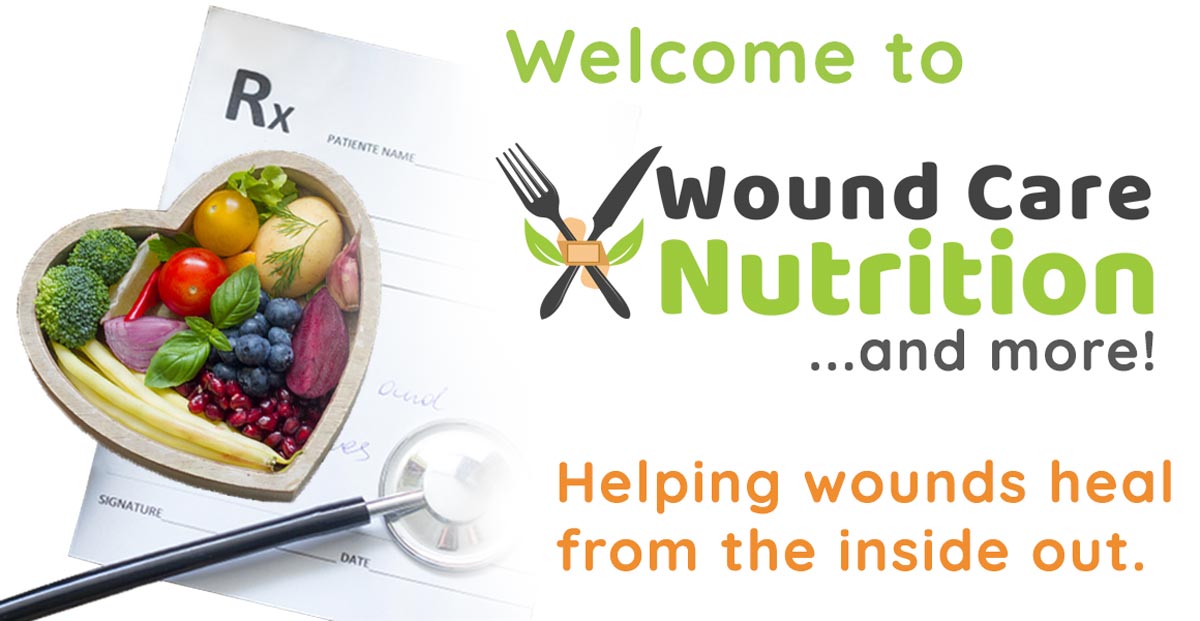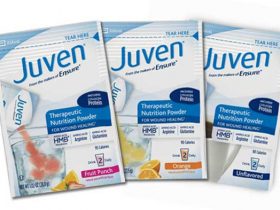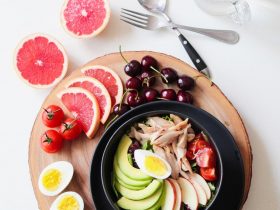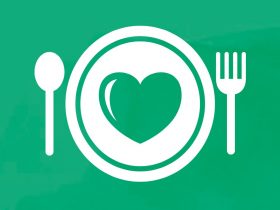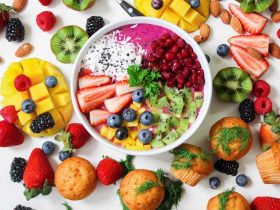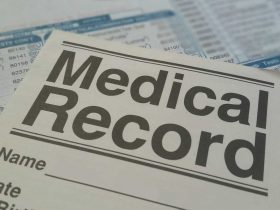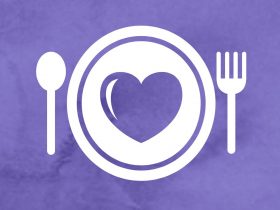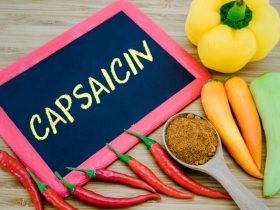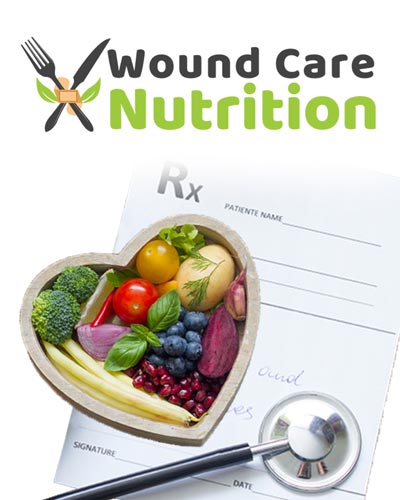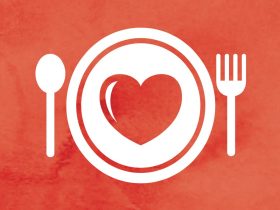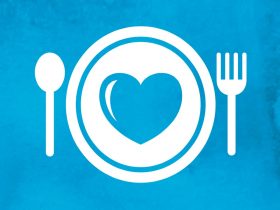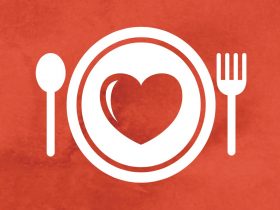Dr. Collins Answers Your Questions
Does Poor Nutritional Status Affect Healing of Pressure Injuries?
By Nancy Collins, PhD, RDN, LD, NWCC, FAND
Note: In the past, pressure injuries were sometimes called pressure ulcers, bed sores, or decubitus ulcers.
Is poor nutritional status a risk factor for the healing of pressure injuries?
Yes. Poor nutritional status is one of many risk factors.
Other risk factors include:
- Elderly individuals
- Immobility (bedridden or rarely out of bed)
- Inability to control bowels and/or bladder
- Poor circulation.
Does a healthy diet really prevent pressure injuries?
Your skin regulates body temperature and manufactures vitamin D from sunlight. Your skin is the largest organ in the body, making up about 10% of your body weight. Your skin is made up of different kinds of cells, which have different functions. It has two layers, a thin outer layer (the epidermis) and a thick inner layer (the dermis).
Proper nutrition allows your skin to stay healthy and do its job of healing if the skin is damaged by a cut, incision, or other injury. Individuals who do not eat well may be at higher risk of skin breakdown and have more difficulty healing.
To help your skin heal, follow a healthy diet with good sources of protein.
Good sources of protein include:
- Meat (beef, chicken, pork, fish)
- Eggs
- Dairy products
- Dried beans and peas
- Nuts
- Soy
Fruits, vegetables, and whole grains contain vitamins and minerals, which are also important for skin health. Healthy skin relies on fluids too. It is important to consume a variety of foods and beverages every day.
Will a special diet help in treatment of a pressure injury?
Registered dietitian nutritionists (look for the letters RD or RDN) usually recommend an overall healthy diet for individuals who have pressure injuries.
The following essential nutrients are needed:
- Adequate calories every day to meet needs
- Sufficient protein to build new tissue
- Vitamins and minerals particularly vitamin C and zinc
- Fluids to stay fully hydrated
Are vitamin supplements also needed?
Perhaps! A multivitamin pill might help a poor eater. However, it is possible to meet nutrient needs through diet, even for those individuals who have a pressure injury. Vitamin C and zinc are important for wound healing. They are best to get from the foods you eat, but sometimes a supplement is needed.
Here are some good sources of Vitamin C:
- Citrus fruits
- Tropical fruits, such as:
- Guava
- Papaya
- Mango
- Red and green bell peppers
- Green vegetables, such as
- Broccoli
- Kohlrabi
- Spinach
- Collards
- Fruits, such as:
- Strawberries
- Cantaloupe
- Tomatoes
- Tomato juice
Zinc is found in foods from animals, such as:
- Meat
- Seafood
- Liver
- Eggs
- Milk
Zinc also is found in:
- Whole grain foods
- Wheat germ
- Tofu
To help meet the body’s needs for healing, individuals should eat foods that contain protein, vitamin C, and zinc at least daily. Zinc and vitamin C supplements may help if tests show deficiency in these nutrients.
Can you suggest some good sources of protein?
Good eaters have no problem getting enough protein by consuming:
- Meats (beef, chicken, pork, fish)
- Dairy foods
- Dry beans and peas
- Nuts
- Nut butters
- Seeds
- Soy foods
Most individuals will get enough protein each day by consuming 2-3 servings of dairy foods and 2-3 servings of other good protein sources. This is true of even people with wounds. Protein supplements sometimes are needed to help meet protein needs. Protein is needed to help the body heal.
What do you do if someone does not eat meat?
Almost every food, except fruit, contains protein, but in smaller amounts in some foods.
Rich sources of protein include:
- Legumes, such as:
- Black beans
- Black-eyed peas
- Etc.
- Soy foods, such as:
- Soy milk
- Tofu
- Etc.
- Nuts
- Seeds
- Nut butters
The elderly need slightly more protein than younger individuals. Elderly individuals may find it challenging to get enough protein from vegetarian foods and beverages.
Is a protein supplement helpful?
A varied diet provides enough protein for most people. Protein supplements may help individuals with poor appetites or with very high protein needs. Many different kinds of high-protein shakes, bars, and powders are available. A registered dietitian nutritionist (RD or RDN) can determine if an individual needs a supplement and which one is best.

